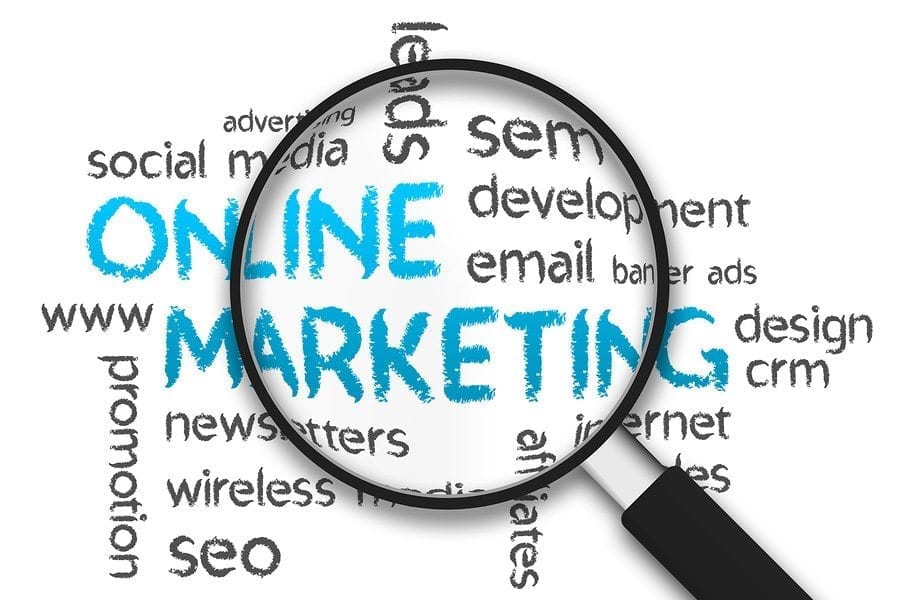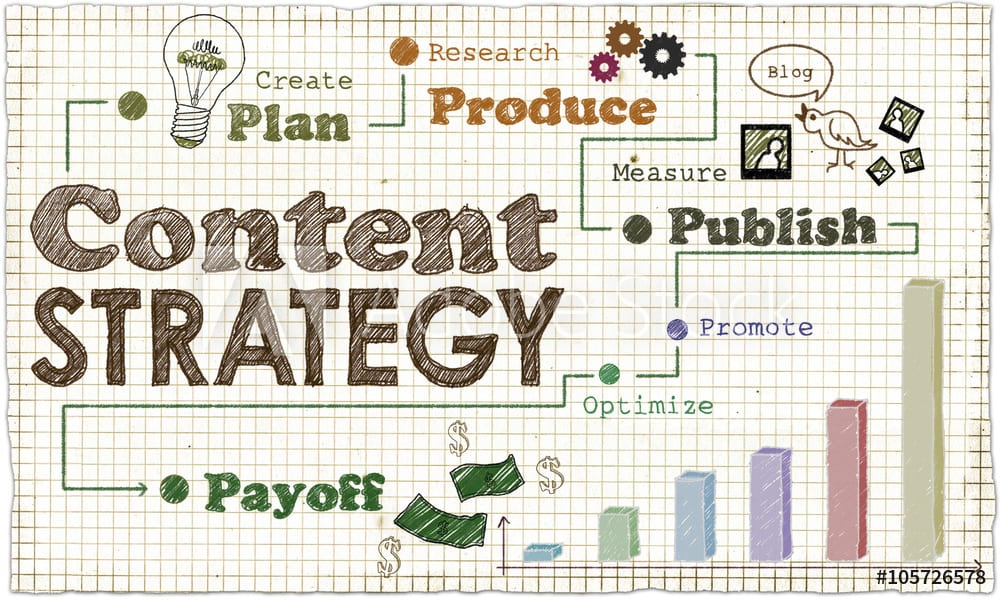
If you are reading this, you have already figured out that mobile is fast becoming a primary channel to drive content and services to consumers. And if you are planning to create an app to reach out to the growing audience on-the-go, it would serve you best to follow these key strategic steps to avoid costly mistakes later. We are assuming you have spent time validating your idea through market research and have a monetization plan in place.
Think Detailed & Ahead – A great app starts with a great concept. Start by noting down just what you expect the app to do. This could be a simple bullet point document on high level function that you expect the app to perform. The next step involves creating detailed product specifications and full-featured product description. To do this best, think ahead and plan before.
For instance, if you are developing an app to book local cab service, think about how you would want subscribers to register for the app – via phone or email? This would be guided by the national geography you are targeting, general industry trends, but also by how you plan to notify users about appointment confirmations and changes. If notifications and communication is planned via SMS, then phone number should be the primary registration, identification, and verification field. If email is the way you would want to communicate with end users, require an email field for registration purposes.
Many other similar decisions will be critical for the viability of your app. Consider hiring app consultants for this crucial phase who can provide the foresight and experience to guide you in the right direction during the design phase, so that you do not waste resources reinventing the wheel.
Brand it! The look and feel of your app has an overwhelming impact on app downloads and consequently, monetization. Usually relegated to the backbench by many app development firms, we cannot overemphasize the importance of branding in connecting with the consumer and building trust. Quoting Tom Leclerc of Wooga.com (the creator of the hugely popular Jelly Splash):
“What a lot of app developers and publishers may not know is that retaining users starts before a download happens.”
Branding done right is instrumental in building trust and relationship with clients, plays a critical role in app store and Google Play Optimization, and guides effectiveness of marketing and advertising campaigns.
Great UI is Crucial – Put your customers first. Listen, read, and understand the pain points of your consumers. The functions and features of your app should be driven primarily by what consumers are looking for or even exploring latent needs of your target audience and not the latest hot technological tools and competitor feature set. Spend time developing user case scenarios and flows in the user interface design phase. Good user interface design does not simply mean designing attractive data objects and layouts – it means developing effective user personas, creating user case scenarios and user flows, and integrating those into the user interface design.
Your feature set and UI should be guided by these two basic principles:
- One, your app simply exists to resolve your consumer key pain points. Do not be tempted to integrate “cool” features just because you’ve discovered hot, new technological tools that could bring the coolness factor in.
- Two, you app should be so easy to use that it takes minimal effort on part of the consumer to figure it out. If a consumer needs to be walked through an app, you’ve lost the battle!
Phase it Out – A wholesome app with all desired features in version 1.0 may sound like a great idea. The opposite is actually true in most cases. App creation works best from a long-term viability perspective if done in an iterative fashion rather than in a linear fashion. The main advantage of the iterative application development (IAD) is that it assigns equal importance to users and developers and user feedback is incorporated into each and every iterative phase. This results in better understanding of real user needs, quick identification of problem spots and bottlenecks, and fast resolutions thereby creating a better product. Complex app systems are also clearer and easy to implement if done in an iterative fashion.
So make sure you break up your complex app system into phases by prioritizing functions and features. That way, you will not create a behemoth of a software only to discover that key user needs have been left out, or worse still that users find the interface difficult to understand or that the app requires too much effort to use that leads users to drop out or uninstall the app.
Integrate Marketing Into Design – We all like to think, as entrepreneurs and visionaries, that we have discovered the next big thing and consumers will queue up to try out our app. In reality, our brilliant app concepts will need a liberal dose of help from outstanding marketing initiatives. A good place to initiate your app marketing is – you guessed it – right into the app design. Most effective marketing happens when users generate content, in the form of social shares, reviews, feedback, and general interactions. Make sure you have features within the app that allows users to communicate with their social communities and with your team! The kind of features you offer should also be guided by your strategic marketing plans.
Contact us for an initial consultation to help you build a successful app development and monetization strategy.





